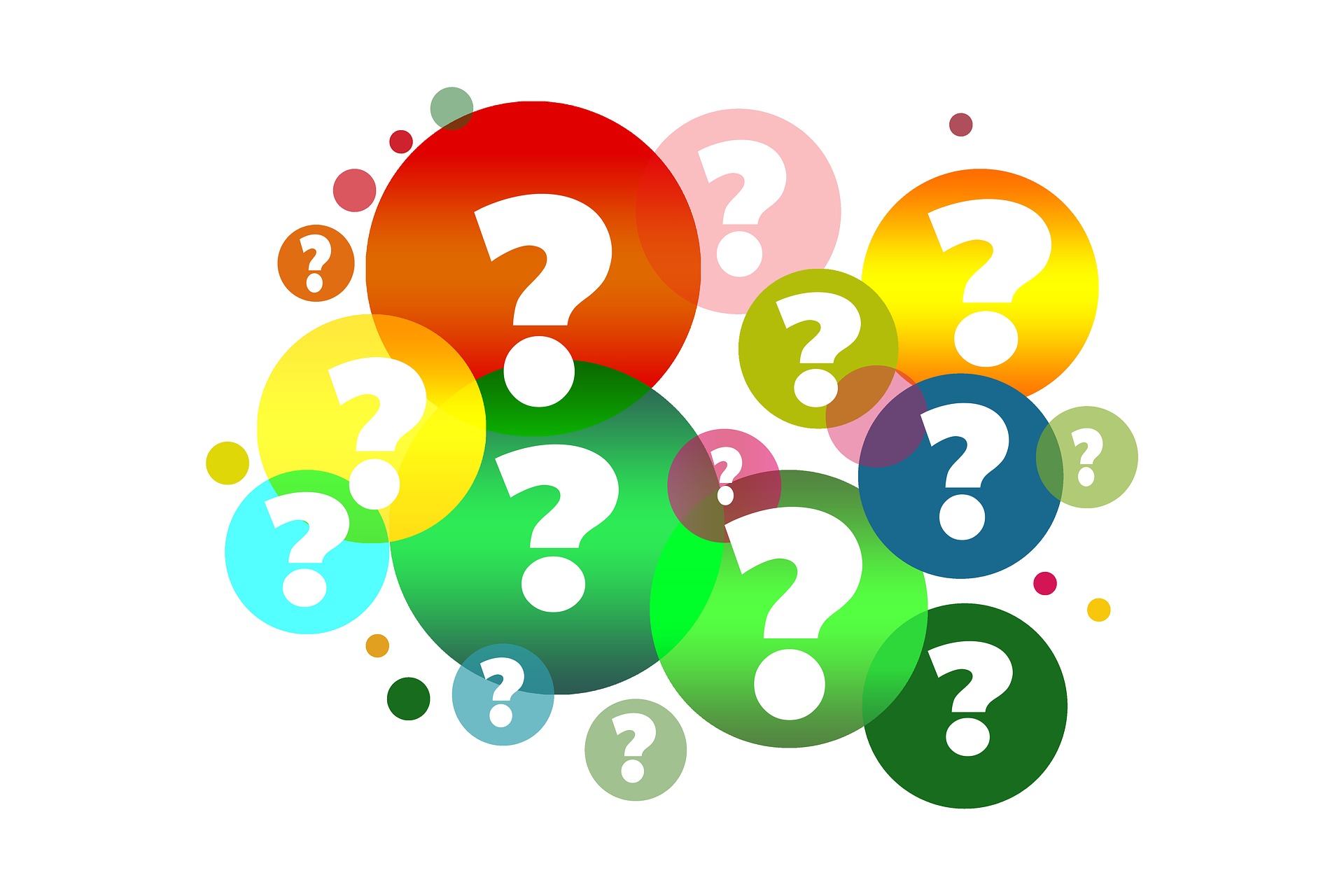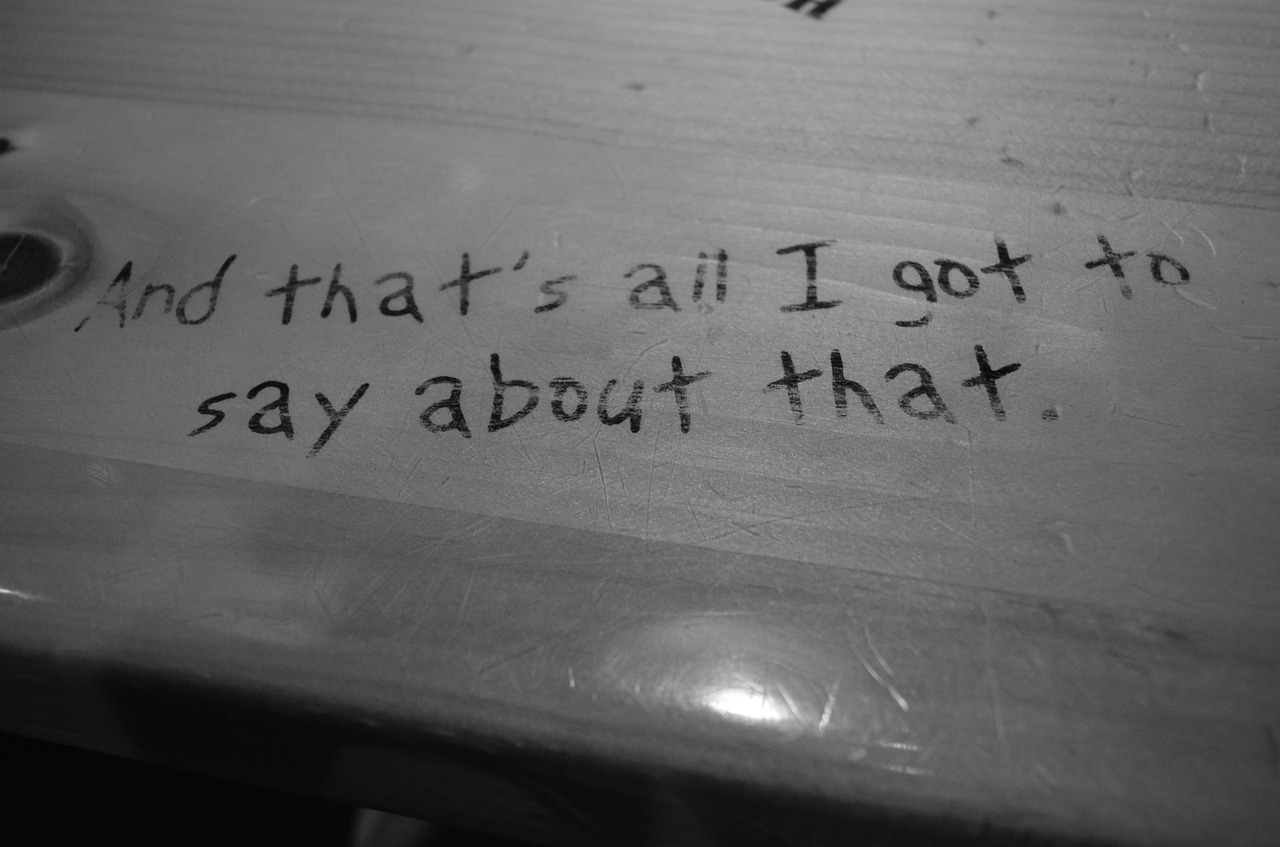Great insults pepper the comedies and tragedies of William Shakespeare. (Though the Bard of Avon is known for his terms of endearments as well.) From A Midsummer Night’s Dream to King Henry IV, here are a few of our favorites. You canker blossom! This flowery barb is delivered by the newly lovelorn Hermia in A Midsummer Night’s Dream after her beloved, Lysander, expresses his disinterest in her—a shift attributable to Puck’s mischievous interloping. Incensed at his change of heart, Hermia fires the following line at Lysander’s new object of affection, Helena: “O me! You juggler! You canker blossom! You thief of love!” The earliest sense of the word canker was “something that corrodes, corrupts, destroys, or irritates.” Around the mid-1400s, people began using it in an extended sense to refer to a caterpillar or worm that attacks plants and preys on flower buds. Thus, when Hermia calls Helena a canker blossom, she is likening her to one of these pernicious creatures who destroys
Source: Cankers, Caterpillars, and Malt-worms: 3 Shakespearean Insults | Dictionary.com Blog








